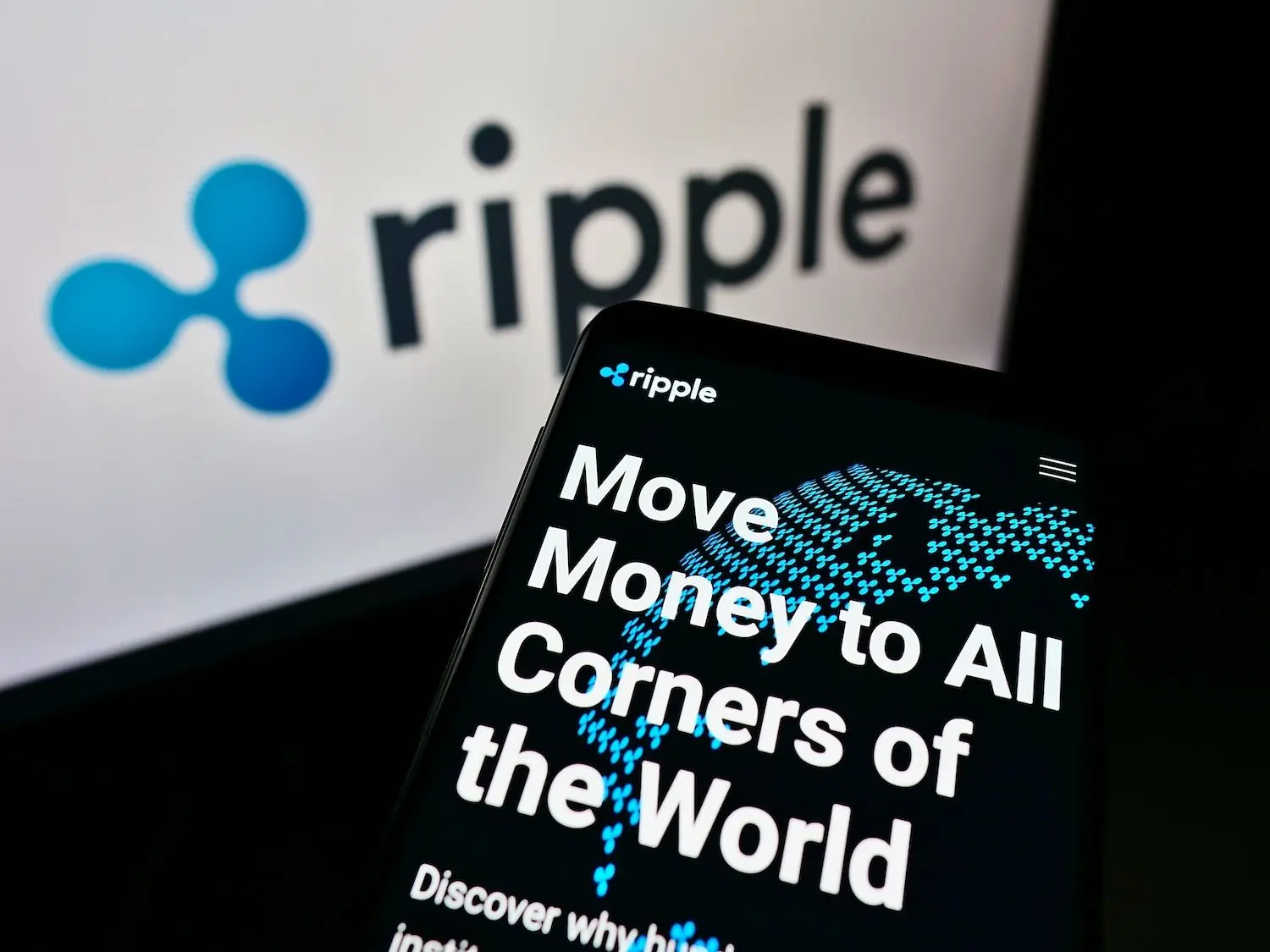A senior executive at investment firm VanEck has publicly challenged the fundamental utility of XRP and its underlying ledger, sparking renewed debate over the cryptocurrency's value proposition even as a newly launched exchange-traded fund tracking the token posted the strongest debut of any ETF this year.
What to Know:
- Matthew Sigel, VanEck's head of digital assets research, questioned whether developers actually build on the XRP Ledger and whether the token captures economic value from network activity
- Canary Capital's spot XRP ETF generated approximately $58 million in first-day trading volume on November 13, surpassing all other ETF launches in 2025
- The debate highlighted persistent divisions over XRP's role as either a utility token for cross-border payments or primarily a speculative store of value asset
VanEck Executive Challenges Developer Activity Claims
Matthew Sigel opened his criticism on X with pointed sarcasm directed at XRP supporters.
"Dear XRP maxis, I may never understand what your 'blockchain' actually does, but I'll always respect the passion required to pretend it does something," he wrote. The post marked the beginning of a broader thread questioning the network's technical relevance.
Sigel then posed what he termed a genuine inquiry about developer engagement.
"Has any developer ever woken up and said, 'Time to build… on XRP'?" he asked, requesting specific examples.
Hours later, he noted receiving zero substantive replies to the challenge.
The exchange intensified when supporters pointed to Ondo Finance launching its OUSG tokenized Treasury fund on the XRP Ledger as evidence of active development. Sigel shifted his argument to token economics, questioning whether such activity creates value for XRP holders. "I'm not aware of any fee capture, revenue share, burn, or economic linkage," he stated.
The discussion also touched on controversies surrounding Ripple's leadership. When one commenter sarcastically noted that XRP "funded a whole company on nothing and got a few billionaires out of it," Sigel referenced a Ripple co-founder's financial backing of Greenpeace's "Change the Code" campaign.
That initiative sought to pressure Bitcoin's network away from proof-of-work consensus, a move that has divided cryptocurrency communities for years.
Sigel drew contrasts between XRP and Bitcoin when defending the latter against claims of pure speculation.
He cited institutional adoption by university endowments and sovereign wealth funds, along with government-backed mining operations in 12 countries. "I'm not stopping you" from investing in XRP, he added, but framed Bitcoin as having demonstrable real-world integration with energy infrastructure.
Strong ETF Launch Contradicts Utility Concerns
The public criticism unfolded against a backdrop of robust market interest in XRP exposure through traditional financial products. Canary Capital's spot ETF, trading under the ticker XRPC, began operations on November 13 with approximately $58 million in first-day volume. The fund processed $26 million during its initial hour of trading alone.
Those figures positioned XRPC as the year's strongest ETF debut, narrowly exceeding the launch performance of Bitwise's Solana ETF.
The next-closest new fund trailed by more than $20 million in opening-day activity. The strong institutional demand stands in tension with Sigel's questions about fundamental value drivers for the token.
Solana Foundation's Vibhu Norby entered the conversation with a more measured assessment. He characterized XRP as "a store of value coin similar to Bitcoin with cheaper fees wrapped in 13 years of payments mythology." Norby noted that while the XRP Ledger sees minimal transaction activity compared to smart contract platforms, that limitation doesn't necessarily undermine its value proposition—similar to Bitcoin's lower transaction counts relative to Ethereum or other networks.
Understanding Cryptocurrency Valuation Models
The debate touches on fundamental questions about how digital assets derive value.
Traditional utility tokens are designed to capture economic activity through mechanisms like transaction fees, revenue sharing arrangements, or token burns that reduce supply. Store of value assets like Bitcoin derive worth primarily from scarcity, security, and network effects rather than cash flows or direct economic linkages.
Smart contract platforms such as Ethereum generate fees from computational activity, creating measurable economic value that flows to network validators. Payment-focused networks face different challenges in demonstrating utility, particularly when competing narratives about speed and cost efficiency clash with questions about actual adoption and developer interest.
The XRP Ledger's position between these categories—marketed for payments but functioning primarily as a speculative asset—creates ongoing tension within cryptocurrency markets. ETF launches provide one measure of investor interest, but don't necessarily validate claims about underlying technological utility or long-term economic sustainability.
Closing Thoughts
VanEck's public questioning of XRP's fundamental value drivers highlights persistent uncertainty about the token's actual use case, even as institutional products tracking its price attract strong initial demand. The tension between robust ETF performance and skepticism about developer activity underscores broader challenges in valuing cryptocurrency assets beyond speculative trading interest.



